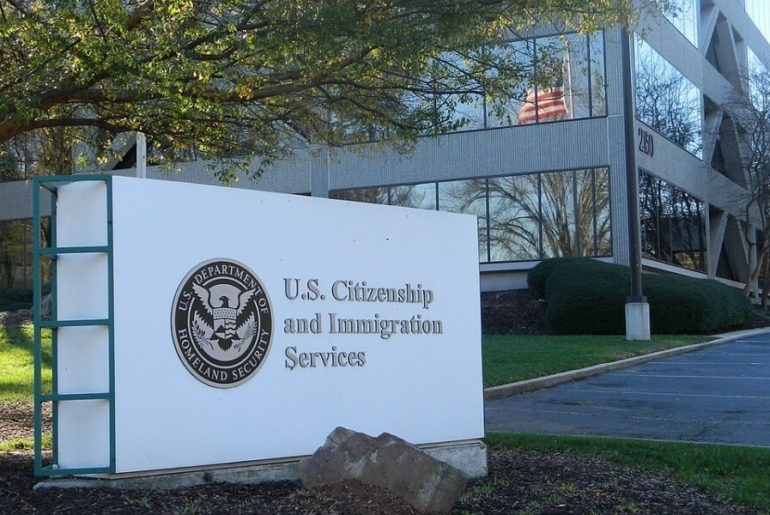Earlier this month, the US Citizenship and Immigration Services (USCIS) quietly announced a new change to their sponsorship requirements. In their new initiative, USCIS plans to ensure sponsors are responsible for the costs of any public benefit an immigrant uses while in the U.S.
“The Trump administration has made it clear that existing immigration laws must be enforced, and sponsors of aliens should be held legally accountable for the financial responsibilities they willingly accept,” said USCIS Deputy Director for Policy Joseph Edlow.
USCIS is unrolling a new initiative. “This enhanced feature will support participating public-benefit granting agencies as they manage their programs and determine an alien’s eligibility for public assistance by ensuring consistency with current law, established sponsorship requirements and proper accountability.”
Under the new initiative, called the Systematic Alien Verification for Entitlements (SAVE), sponsors would, upon request, have to reimburse the government for certain benefits granted to the immigrant they are trying to sponsor. Furthermore, it will alert government agencies on the eligibility of certain immigrants based on whether their sponsor makes enough money to repay the benefits requested.
This method will also be used to weigh in the possibility of said immigrant becoming a Public Charge, which allows the federal government to decide who can become a U.S. citizen based on what public benefits immigrants have accessed, along with other factors, like their health, family size, education, and English proficiency.
“All of this will obviously complicate the processes,” Alex Gálvez, an immigration attorney practicing in Los Angeles, California, told Univision. “The procedures will be extended and the new requirements will scare off many of the sponsors.”
In addition to the new rule, sponsors already have to make 125% above poverty guidelines to be able to sponsor a relative. The initiative is part of the May 2019 Presidential Memorandum on Enforcing the Legal Responsibilities of Sponsors of Aliens, which exponentially increased the oversight and data collection to determine which immigrants were eligible for means-tested benefits.
“All these new rules have a psychological impact on legal immigrants who can sponsor a relative,” Gálvez said. “At the same time they are requesting too much personal information which makes the processes more difficult. And if a person is already in the system, it is not known how to return, the information remains in the database and the government can use it to determine if, in the future, that probable sponsor can become a public charge.”

